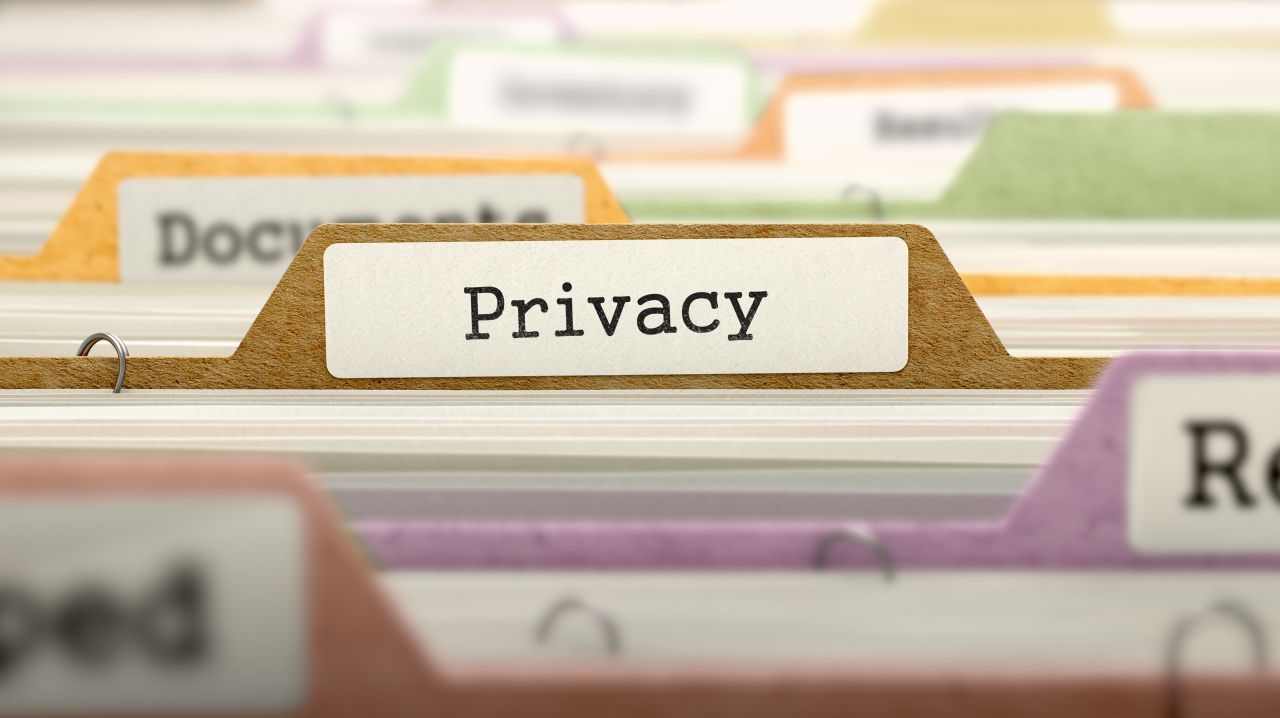Invasive tracking by advertisers and how to protect your privacy online
The majority of us understand we're being tracked by advertisers online – think about that advert for some recently Googled product that suddenly reappears on every Internet page you visit.

Image licensed via Adobe Stock
However, a new study shows that the majority of people do not realise their private data is being sold to advertising networks and third-party entities to provide them with targeted ads.
On this realisation, it's easy to panic about privacy. And while it’s understandable that advertisers need to use technology to reach the people that might be interested in their products, the problem is that we're often not informed about what kind of information is being collected about us.
Moreover, advertisers are using cross-device tracking, which raises additional privacy and security risks. In cross-device tracking, ad companies and publishers try to build a consumer’s profile based on their activity throughout computers, tablets, smartphones, smartwatches and various IoT devices. Online and offline factors are often combined: such as browsing history with a physical location, retail purchases with watched TV programmes, commute to work, travel and so on.
Most Internet users are tracked from the moment they wake up until they go to sleep through the variety of devices and physical locations revealed by their GPS coordinates. However, there are ways around this. Here we share our top tips to avoid being tracked by advertisers:
1. Use Ad-blockers
Ad-blocking software provides Internet users with a list of third-party trackers, and users can choose to allow some sites to track them, or they can choose to block them. For example, AdBlock Plus effectively blocks banner ads, pop-up ads, and other types of ads. It disables third-party tracking cookies and scripts.
2. Delete your cookies
Internet users may be tracked by many different entities: ISPs (Internet Service Providers), ad networks, publishers and other third parties. One of the most common ways to track online behaviour is through cookies – small pieces of code that are downloaded into a user’s browser when they visit a website. When a user visits that website again, this will be recorded through the cookie, and targeted ads can be directed towards that person. Users need to regularly clear their browsing data to get rid of all the cookies. Fortunately, websites in the U.S. and Europe now have to declare that their page is collecting cookies.
3. Introduce a VPN
A VPN encrypts the data between a user’s device and the VPN server and is the safest security mechanism to ensure the Internet browsing history remains confidential. NordVPN has a reputation of focusing on privacy, security and having a zero logs policy, and is fast and easy to use. The developers at NordVPN have launched powerful apps for Mac, Android, iOS and Windows that are also intuitive and good-looking. The apps reroute and encrypt all Internet traffic by hiding a user’s IP address. Once Internet traffic is encrypted, and the real IP address is hidden, it becomes difficult to track this person. As an added benefit, VPN users can also access geo-blocked content online.
4. Consider browser add-ons
Anti-tracking and anti-cookie extensions are one of the best ways to stay private. For example, Disconnect Private Browsing protects from tracking and malware. It blocks third-party cookies and from tracking by social networks like Facebook, Google, and Twitter. Another advisable option is Privacy Badger by the non-profit Electronic Frontier Foundation.
Before advertising companies figure out a fair way of informing us about their intent and giving a choice about which information can be tracked, those that wish to stay private should be proactive and take care of their online privacy and security.




 by Tüpokompanii](https://www.creativeboom.com/upload/articles/58/58684538770fb5b428dc1882f7a732f153500153_732.jpg)

 using <a href="https://www.ohnotype.co/fonts/obviously" target="_blank">Obviously</a> by Oh No Type Co., Art Director, Brand & Creative—Spotify](https://www.creativeboom.com/upload/articles/6e/6ed31eddc26fa563f213fc76d6993dab9231ffe4_732.jpg)


](https://www.creativeboom.com/upload/articles/21/212b36fa1d576a9ea1aeb322ef0cffd6a5009e61_732.png)







](https://www.creativeboom.com/upload/articles/af/afe03826eb65d6ab8b133c904905f16897badb3c_732.jpeg)
](https://www.creativeboom.com/upload/articles/ce/cedb1d7f67db4cf72dd9304fbf08e59b524461a6_732.jpeg)

](https://www.creativeboom.com/upload/articles/d5/d5f0a368da2f4b2292e7c09fd81ebe170572e5f8_732.jpeg)
](https://www.creativeboom.com/upload/articles/6f/6f9775d9fcf5ddc4698cd9937004fb1f2076c484_732.jpeg)


